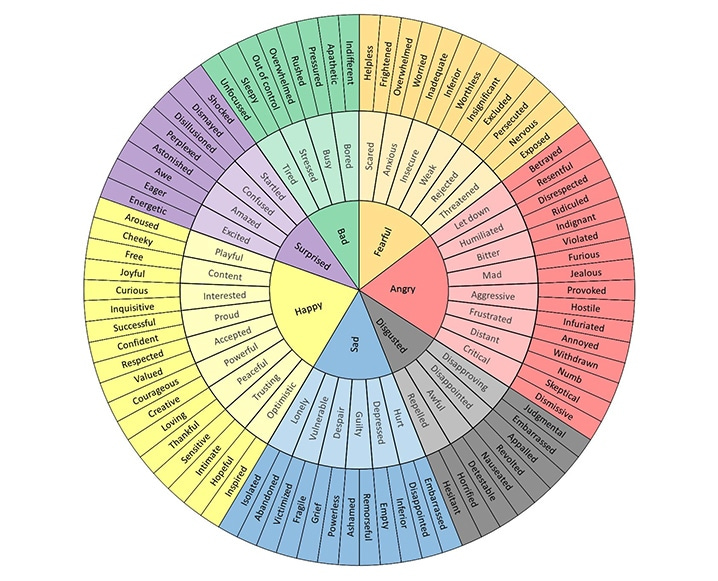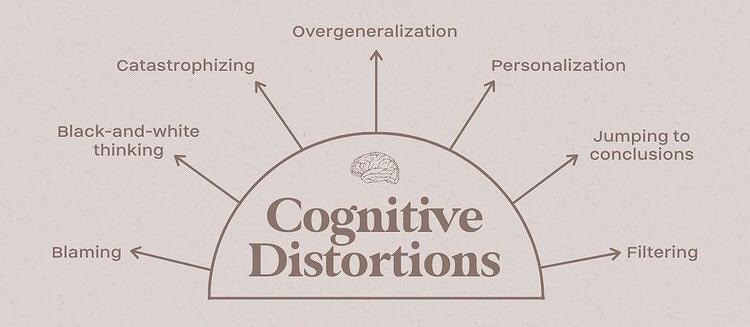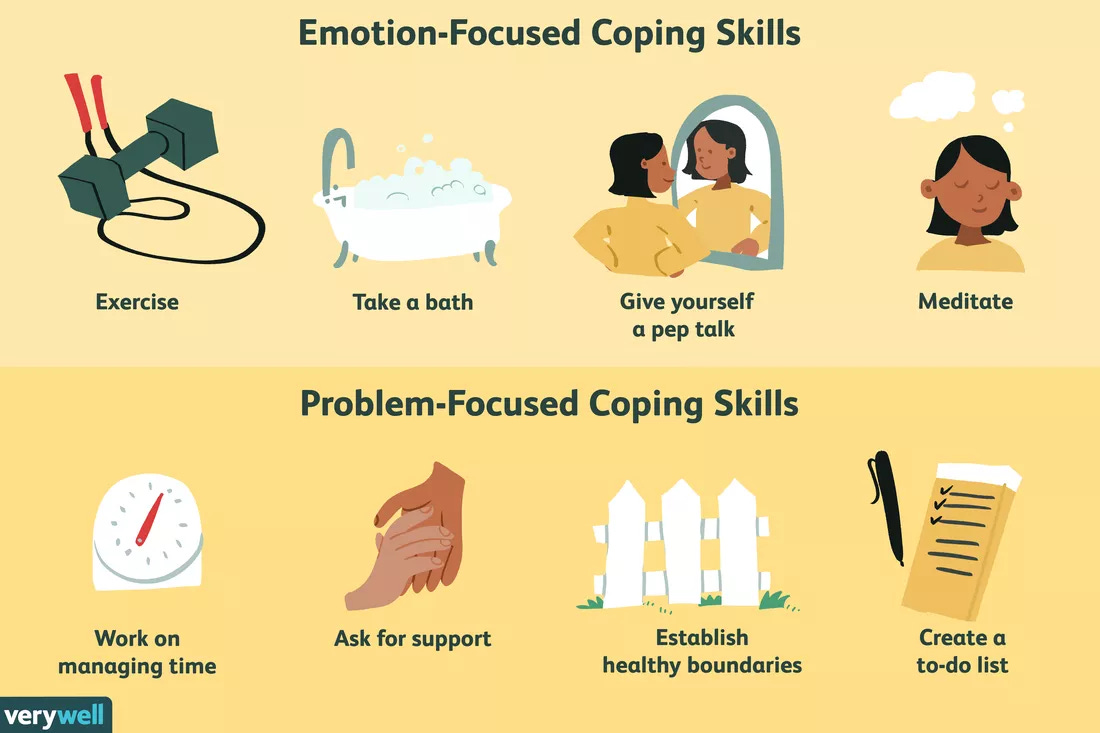🧘 Going back to the root of it all: your inner self.
Get to know yourself to gain what you need and lose what you don't.
In the midst of juggling personal life, work, hobbies, and many other pockets of life, we often prioritize others over our own wellbeing. We put aside the importance of self-care, and sometimes even mis-define what it means to have a healthy mind.
Ditch the fear of correcting what you might have been doing wrong, and dive straight into your emotions and thoughts to rewire and come out stronger.
Do: feel all the feels
Ironically, feelings and emotions are often perceived as soft and delicate. The power they hold is often overlooked, especially in a society that believes to always put logic over feelings. As a multi-layered being, humans are constructed of varying emotions, and when we are able to recognize them, only then we will have the strength to communicate, decide, and do better. One of the tools we can start using to identify, address, and articulate our emotions is The Feelings Circle.
Step 1: Feel. When you feel a feeling starts to arise, refer to the circle above.
Step 2: Get to the core. Start with one 1 out of the 7 core feelings, and then work your way outwards.
Step 3: Recognize better. Rather than trying to “hunt” for the right word, notice which words resonate with your current feelings.
Step 4: Compare. How you’re feeling today might differ from how you felt yesterday. Allow yourself to be immersed in varying emotions.
Read more on the benefits of using The Feelings Circle and other ways to use it here.
Don’t: give in to cognitive distortions
When it comes to self re-assessment, there will always be things we need to pick up and things to let go. Oftentimes, our ways of thinking were shaped by the environment we grew up in, the role models we looked up to, or the situations we’ve been put in throughout the course of life. It is possible that those factors create cognitive distortions, which will not serve our growth in the long-run.
Whether you tend to shift blame to others or anything other than yourself, create a bigger deal out of one small inconvenience (catastrophizing), or take things a little too personal, these distortions do not have to stay shaping your perception of reality.
Slide through this Instagram post to learn more about cognitive distortions.
Control it before it controls you
One thing almost every one will agree with is this: it’s not what happens to you, but how you respond to it that matters. How you cope with the cards you’re dealt with determines the outcome greatly. In Psychology, there are two main types of coping strategies, emotion-focused and problem-focused coping skills. Both are great as long as you tailor it to your own needs.
When you are faced with a situation that needs immediate action, like drowning in a pile of deadlines, look into problem-based coping. When circumstances are out of your control and you simply can not change them, for example going through a global pandemic, lean more towards emotion-based coping. Having healthy coping mechanisms will give you a sense of control, and could serve as a first step of untangling your problems.
Find more examples of healthy coping mechanisms and see which ones fit you best here.
Want more practical personal growth tips or insights on bettering your professional life? Follow us on Instagram @lifeatmekari and catch up with our updates on LinkedIn!
Until next week. 👋



